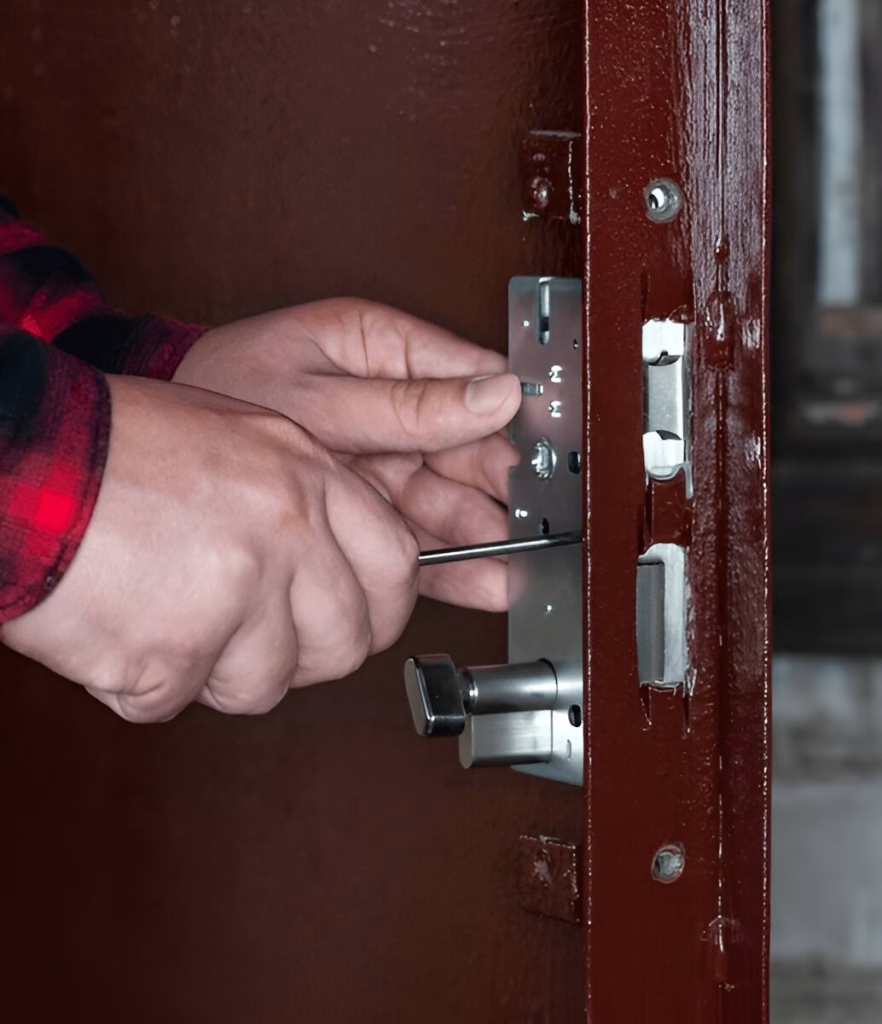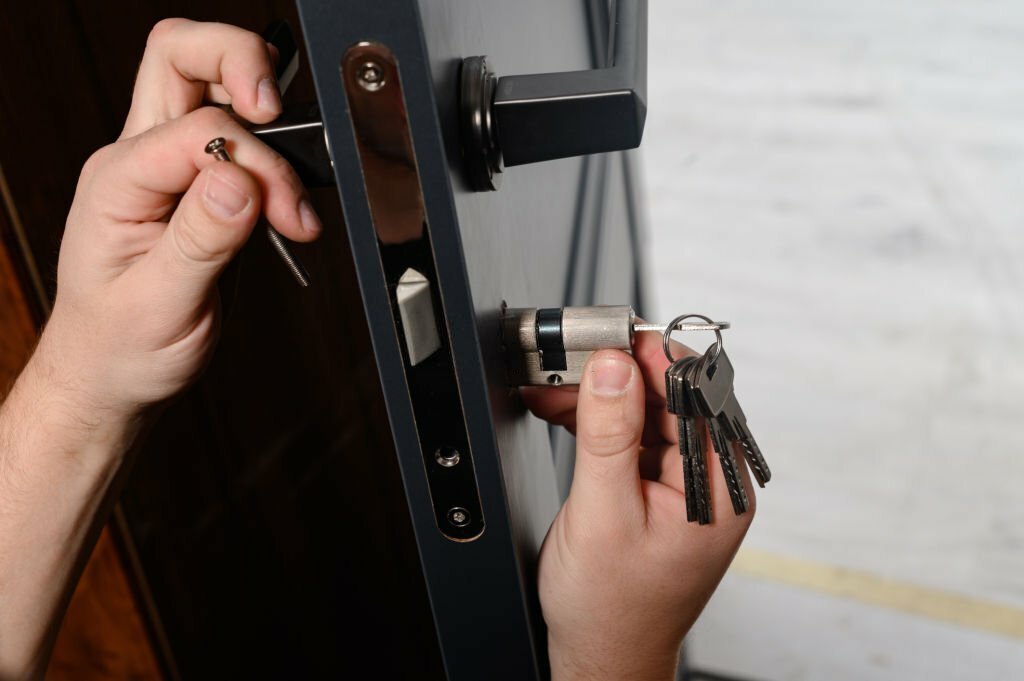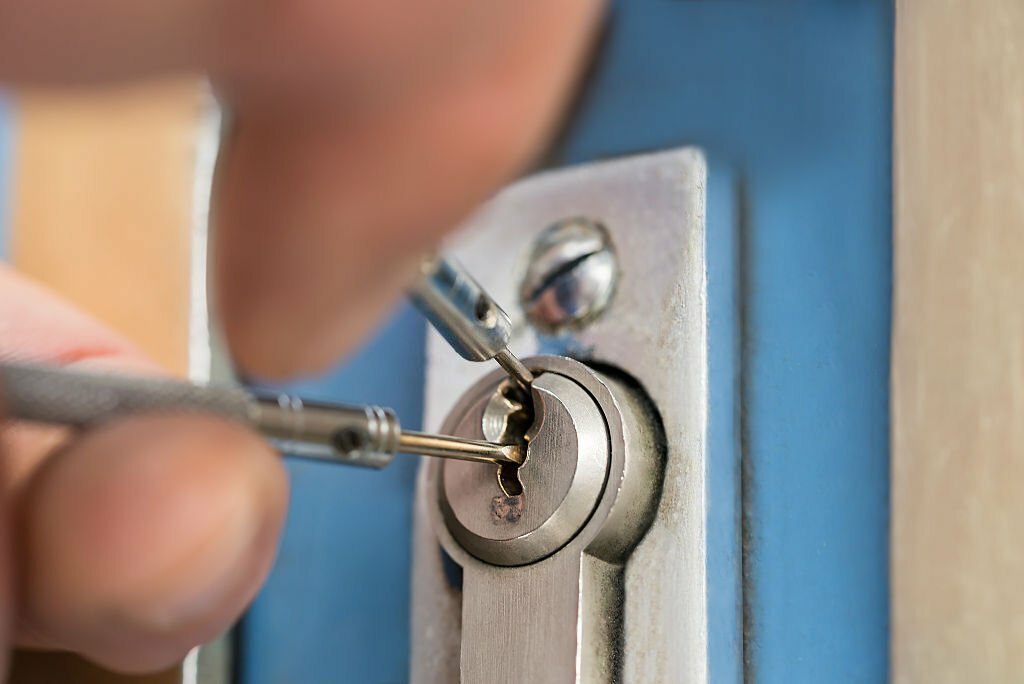A broken keys or Snapped Keys can be a very frustrating experience, whether it occurs at home, in the office, or when you are out and about. Keys are such a big part of our daily lives, and the instant one breaks, it can throw everything into chaos. Broken keys are more prevalent than you would imagine, and knowing what causes them, how to deal with the situation, and how to avoid it from occurring again can save you time, stress, and money. SE1 Locksmiths offer quick, reliable and 24/7 services to people to ensure their security.

What to Do When You Snap Your Key
Stay Calm and Evaluate the Situation
If you have snapped your key, the initial thing to do is to keep calm. It can be extremely infuriating, but panic won’t assist. Start by taking stock of the situation. Is the key wedge in the lock, or is it broken into two bits that you can simply pull out? Is the broken bit still in the lock, or has it dropped out? This will decide the way forward.
Call a Professional Locksmith
If you are unable to take out the snapped key yourself or wish to cause the least amount of damage to the lock, calling a professional locksmith like SE1 Locksmiths is advisable. Our Professional locksmiths know how to deal with snapped keys and can easily remove broken pieces from the lock without damaging the mechanism. A professional locksmith will also be able to evaluate if the lock requires any other repairs or servicing.
Consider Replacing the Lock
In other instances, a snapped key might be a sign of deeper problems with the lock, including wear or malfunction. If the lock is old, broken, or consistently causing problems, it might be time to consider a lock replacement. A locksmith can assist in determining if your existing lock can be repair or if it should be replace to prevent future problems with broken keys.
How to Prevent Snapped Keys

Regular Lock Maintenance
One of the best methods to avoid snapped keys is to ensure that your locks are properly maintain. With time, dust, dirt, or rust may accumulate in a lock, creating friction when you insert the key. This friction will make it more difficult to turn the key and thus break it. Lubricating the lock regularly with a suitable lock lubricant may assist in maintaining the mechanism in good working order, minimising wear and tear on the key and the lock.
Use the Key Properly
To avoid unnecessary pressure on the key, be sure to use it properly. Avoid using excessive force when turning the key, especially if the lock feels stiff. If the key isn’t turning smoothly, try using a bit of lubricant or consult a professional locksmith for assistance before trying to force the key further. Also, never use the key for tasks other than unlocking or locking, such as prying or attempting to fix other objects.
Keep Spare Keys Handy
It is a lifesaver to have a spare key when you experience a snapped key scenario. In case one of the keys snaps, you’ll have a duplicate at hand. It is always wise to get several keys make and store them in safe places. Just make sure that the spare keys are not worn out and are in good condition since they can snap too when under pressure.
When to Replace Your Key
Key Deformation
If your key is becoming deformed, bent, or worn, you might want to replace it before it breaks. Bent keys break more easily, and continued use of them will end up causing further damage to the lock. Monitoring your keys for wear will prevent a surprise breakage.
Difficulty Turning the Key
If you are having trouble turning the key in the lock or it seems stiff, this is another indicator that the key is about to break. If a key is not working smoothly, it might be time for you to replace it. A locksmith will provide you with a new key and make sure it works well with your current lock.
When the Key No Longer Fits Properly
If the key won’t fit into the lock properly, it is likely that it became damaged in the course of time. Keys are suppose to go easily into locks. If you find it doesn’t, or if it’s loose or too tight, the key will break shortly. Replacing it before it breaks always proves to be a better choice than having to deal with a broken key and a maybe damaged lock.

Conclusion
Working with broken keys is never a joy, but knowing why they happen, how to work with them, and how to avoid them in the future can save you frustration. Whether you need locksmith services just call SE1 Locksmith because calling a professional locksmith for help is always a good idea. Maintain your keys and locks in good working order, and replace them when needed to provide for easy, hassle-free entry to your property.
FAQs
Why do keys snap?
Keys snap for some reasons, including wear and tear, using force when inserting them, struggling with a stubborn lock, or manufacturing flaws. Metal will weaken over time, particularly if the key is old or is frequently used under severe weather conditions.
Can I repair a snapped key on my own?
If the key is stuck, you may be able to get it out with tweezers or pliers. But if the key is broken or the lock has been damaged, it is advisable to have a professional locksmith check it to prevent further damage.
How can I stop my key from snapping?
Daily maintenance of your locks, proper handling of your keys, and extra keys can mitigate the risks of broken keys. You should also make an effort not to leave your keys exposed to harsh weather conditions that may make them weaker.
What do I do if my key gets stuck in the lock?
If your key is jammed, do not attempt to pull it out since this may damage the key or the lock. Attempt to lubricate the key to free it or seek the services of a locksmith. Just call SE1 Locksmiths and see the magic.
How do I know if my key must be replaced?
If your key is bent, worn out, hard to turn in the lock, or no longer fits, it might be time to replace it. Regular checks can assist you in knowing when a replacement is needed before the key breaks.
